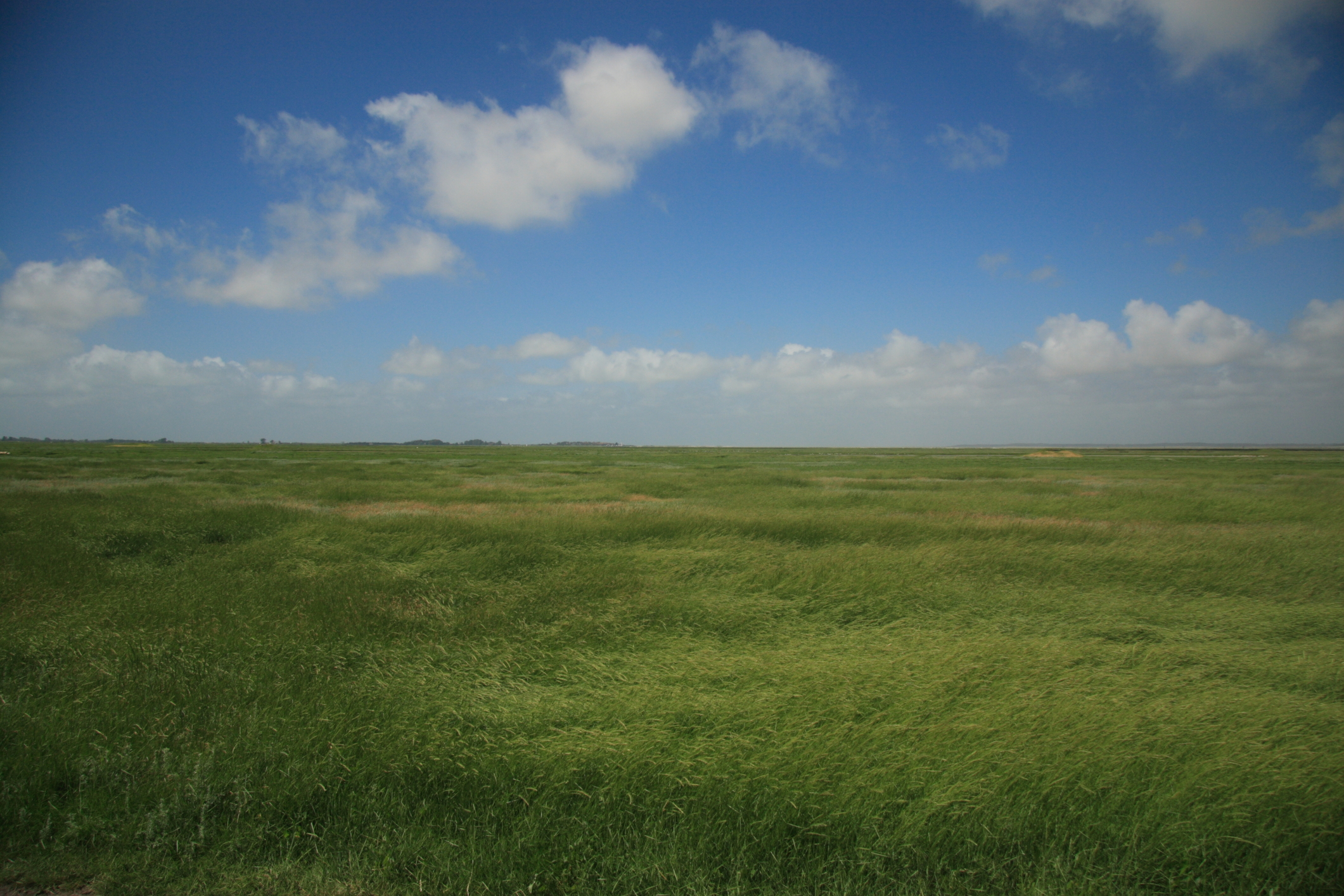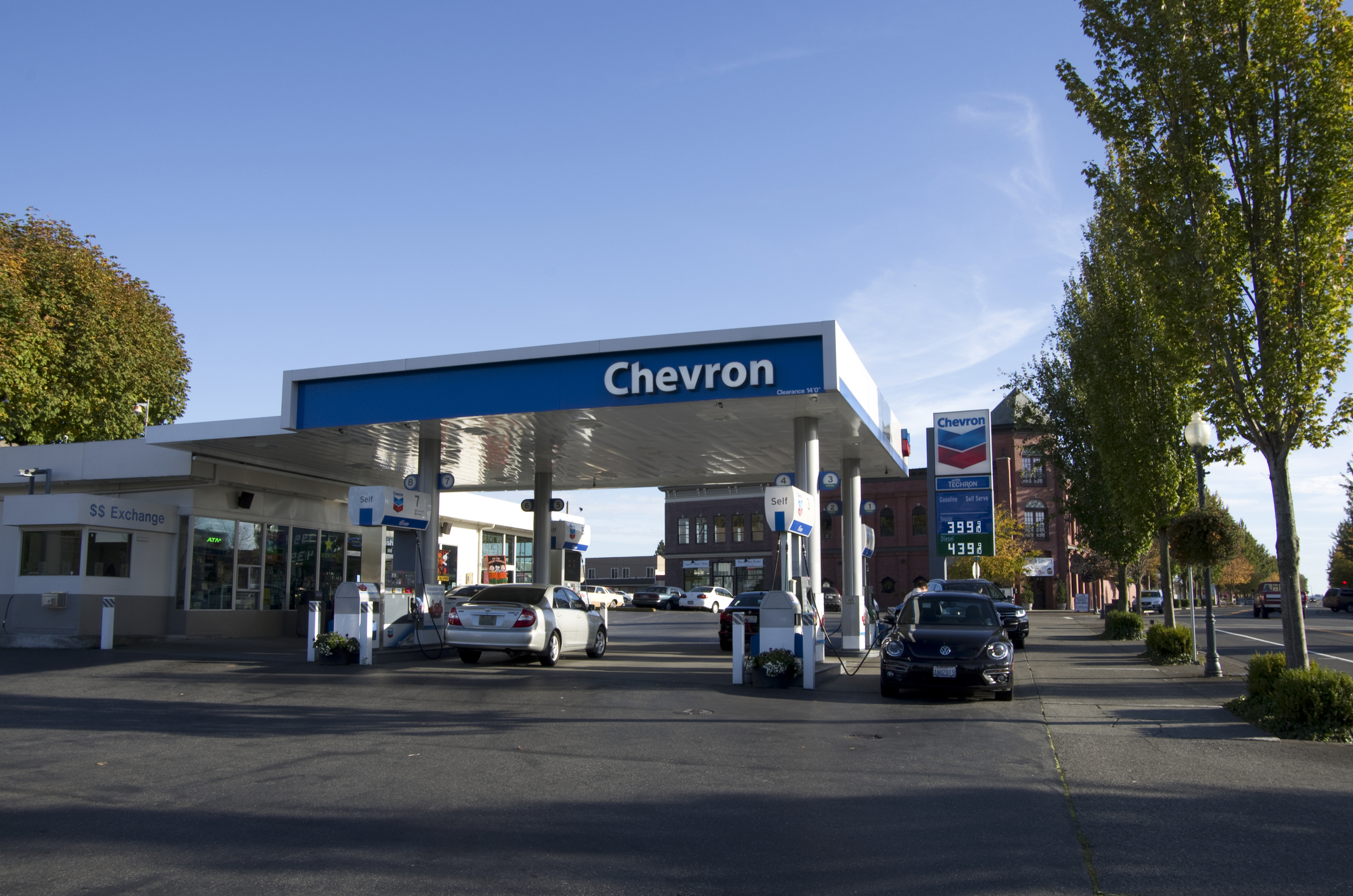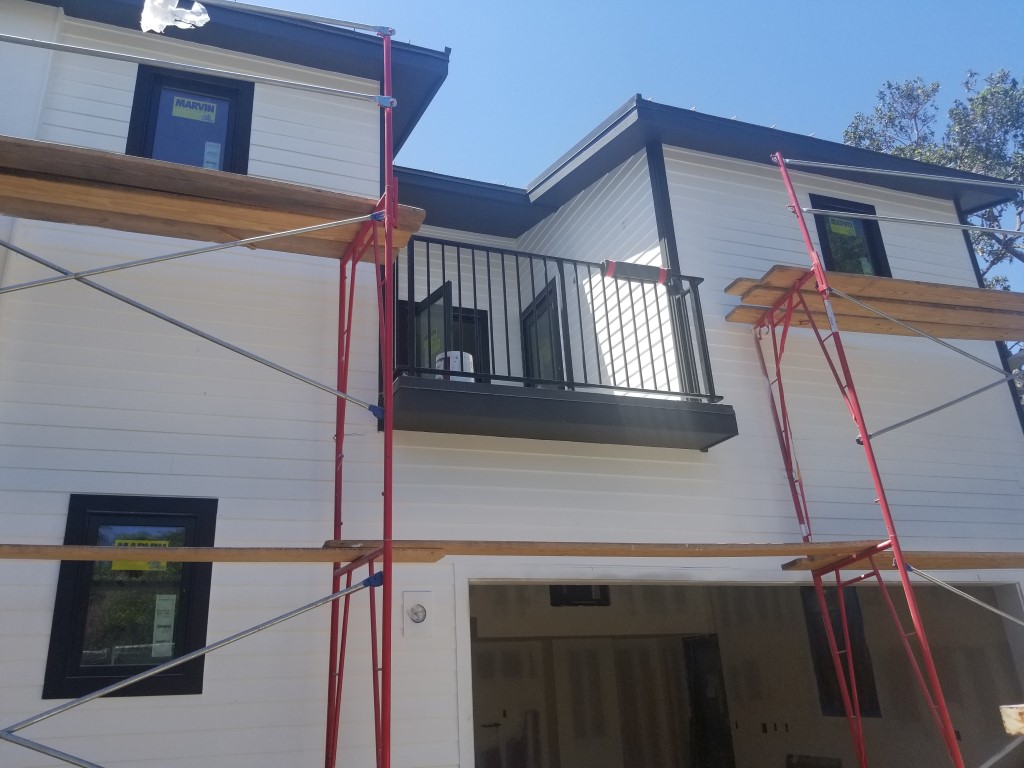Loan Scenario – 85/15 Seller Financing Plus Hard Money Second Mortgage
A homebuyer secured a seller-financed first mortgage at 85% Loan-To-Value (LTV) and asked if FCTD could provide a hard money second mortgage for the...
5 min read
 Ted Spradlin
:
Dec 26, 2022 10:42:51 AM
Ted Spradlin
:
Dec 26, 2022 10:42:51 AM

FCTD received the following loan scenario from a potential borrower trying to buy 50 acres of farmland:
I am looking to purchase 50 acres of farmland for $500,000, and would like to use as little money out of pocket as possible, so I’ll have money on hand to someday develop a winery or buy adjacent properties. Can I get 100% hard money financing on farmland that I’d like to buy?
The short answer is, “No. Farmland is outside our area of expertise, and even if it were, we wouldn’t be able to secure 100% Loan-To-Value (LTV) for your acquisition. Leverage on farmland would be closer to 40-50% LTV.”
FCTD has originated some hard money loans against agricultural properties over the past decade – each being cattle ranches in Northern California and Southern Oregon. We have some lenders that are comfortable with cattle ranches because they’ve made about a dozen loans over the years to ranchers — so they understand the business and how they’ll be repaid.
The loans we originate are mostly in urban and suburban areas (houses, apartments, office buildings, warehouses, etc.) with the occasional rural property. Hard money lenders, whether they’re individual trust deed investors or a mortgage fund, prefer financing properties in higher-density locations, with lots of comparable sales to determine the property value and a safe loan amount.
Farmland is just too far outside our area of expertise and that of most of our trust deed investors.
But….I don’t want to leave you hanging!
If I was trying to purchase farmland with as little out-of-pocket money as possible, I’d do the following:
The first thing to do is develop a plan to generate income from the raw farmland. Every lender will want to know how the property will generate revenue in the time in between acquisition and fully operational winery.
Check with the listing agent to see if the seller will finance your purchase. Some sellers are open to financing because it spreads out their capital gains' taxes over several years. Or, they prefer the monthly income stream over a lump sum amount from the sale.
Every seller has a unique situation, so it never hurts to ask. Asking about seller financing might spark an idea in the listing agent or sellers on how to make it happen.
I like asking the experts, in this case real estate agents specializing in farmland, to recommend some lenders. They’ve experienced numerous transactions over the years and worked with various types of lenders, from private individuals to institutional lenders.
They may not have a good lender recommendation for the 100% financing you’re seeking. But they could have another listing or an off-market property where the seller would carry a contract. This could be a better fit for your budget and your ultimate goal for the farmland – in this example, developing a winery.
If you’re not getting anywhere with seller financing or real estate agents, check with local hard money lenders. Farmland is an asset class that, if financed with a hard money loan, should be funded locally. Find a hard money lender as close to your location as possible. If you’re in Georgia, steer clear of California lenders – they’re not looking to finance loans at 100% for rural properties 3,000 miles away.
Your online search results may yield dozens of local lenders uninterested in financing farmland, which is to be expected for the reasons above (100% LTV & lack of comparable sales). Ask a local title insurance company for a list of private lenders, with contact information including phone numbers and addresses. You never know where it will lead.
Know that local private lenders will want a significant down payment in the 50% range. They also may be open to funding a first trust deed at 50% LTV, 30% seller financing in second position, with 20% down payment coming from you. (Most hard money lenders want the borrower to have some of their own money at risk – aka “skin in the game.”)
Private lenders may give you the 100% you’re seeking, but you’d need to put up additional collateral from another investment property. This is known as a blanket or cross-collateral loan. The additional collateral would need to have significant equity. For example, it can't be a rental house that you recently purchased with only 20% down payment, already leveraged 80% LTV. Most properties used as additional collateral should be investment properties owned free and clear for several years or have minimal debt at a 20-30% LTV level (such as a $200,000 loan balance against a $1 million value).
A local private lender can be flexible, and that’s why it’s a good idea to see if the title insurance company has a list of lenders who have funded properties in your area.
If you find a local hard money lender or secure seller financing, you’ll need to develop an exit strategy to pay off the lender. Most hard money loans will have a two, three, or five-year balloon payment, when the balance is due in full.
How will you make the balloon payment?
The lender will want to know you have a realistic plan. I’ve spoken to dozens of borrowers with unrealistic exit strategies — and that can be a deal killer. With farmland, you’ll want to talk to the listing agent about a possible lease, and if that revenue could pay down the loan over a three to five-year period. If not, can you refinance the hard money loan through a local bank, credit union, or lender offering loans for farmland? What are the requirements and how long will it take to reach these milestones?
Make sure to have a viable exit strategy because any private lender financing your purchase will poke holes in that plan. Think through all the things that could go wrong and ask the experts (real estate agents and agricultural lenders) what mistakes to avoid and how to best create a compelling plan.
FCTD is not a good fit for this type of property, or 100% hard money financing on farmland. It’s too far outside our urban and suburban property focus. Rural loans aren’t our thing — but there are lenders you might find in your search.
As I said above, if I was searching for 100% financing for this piece of farmland, I’d seek out and ask the listing agent what kind of revenue the land could generate. I'd then ask if the seller was open to carrying a contract or providing seller financing. If not, I'd check with other real estate agents specializing in farmland to get referrals for lenders they’ve worked with in the past. Next, I would ask the local title insurance company for a list of local private lenders, remembering to stay close to home and not bother with lenders on the other side of the country. Once I found a lender, I would make sure to have a fool-proof exit strategy that gave the lender confidence I knew what I was doing and that the hard money loan would be paid off on-time or early.
Best of luck out there in your search for financing!

A homebuyer secured a seller-financed first mortgage at 85% Loan-To-Value (LTV) and asked if FCTD could provide a hard money second mortgage for the...

Gas station hard money loans are a type of short-term financing solution for gas station owners who may have challenges securing loans from...

If you have a seller willing to carry a note, funding your fix and flip with seller financing instead of a hard money loan is a better and cheaper...